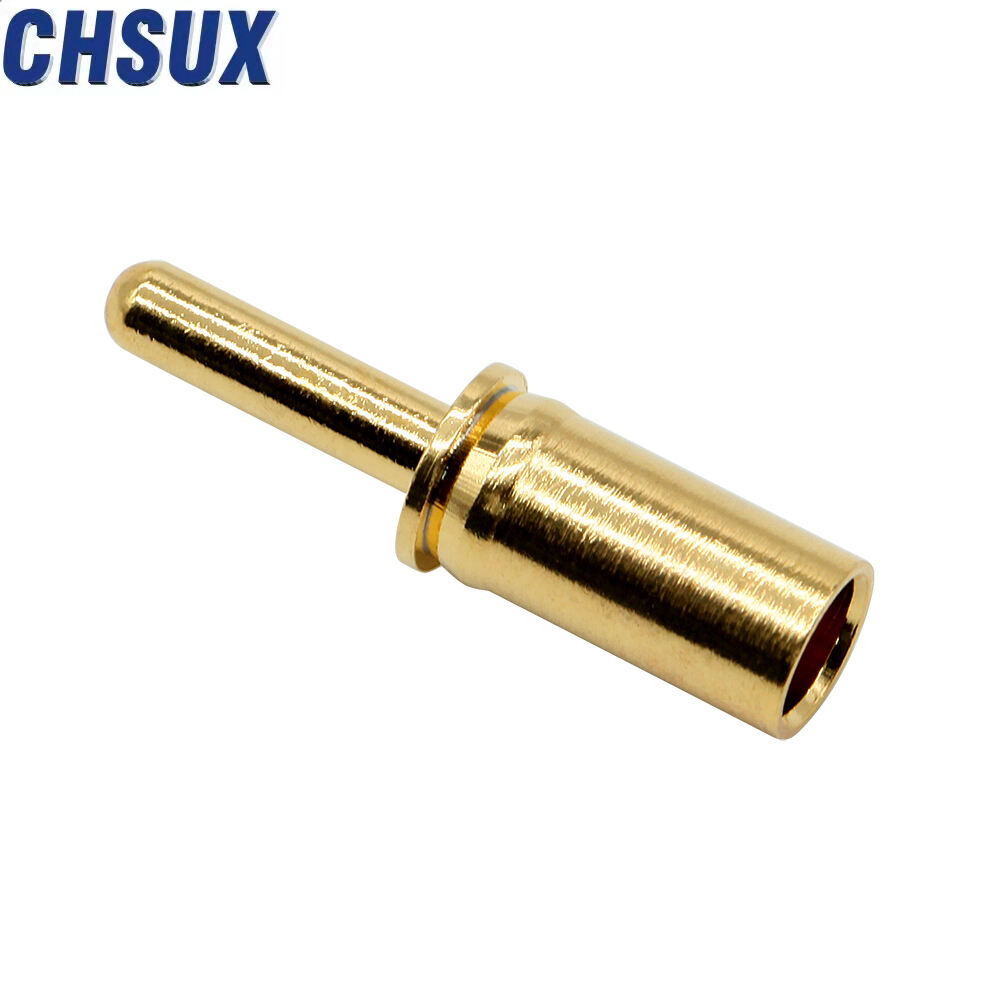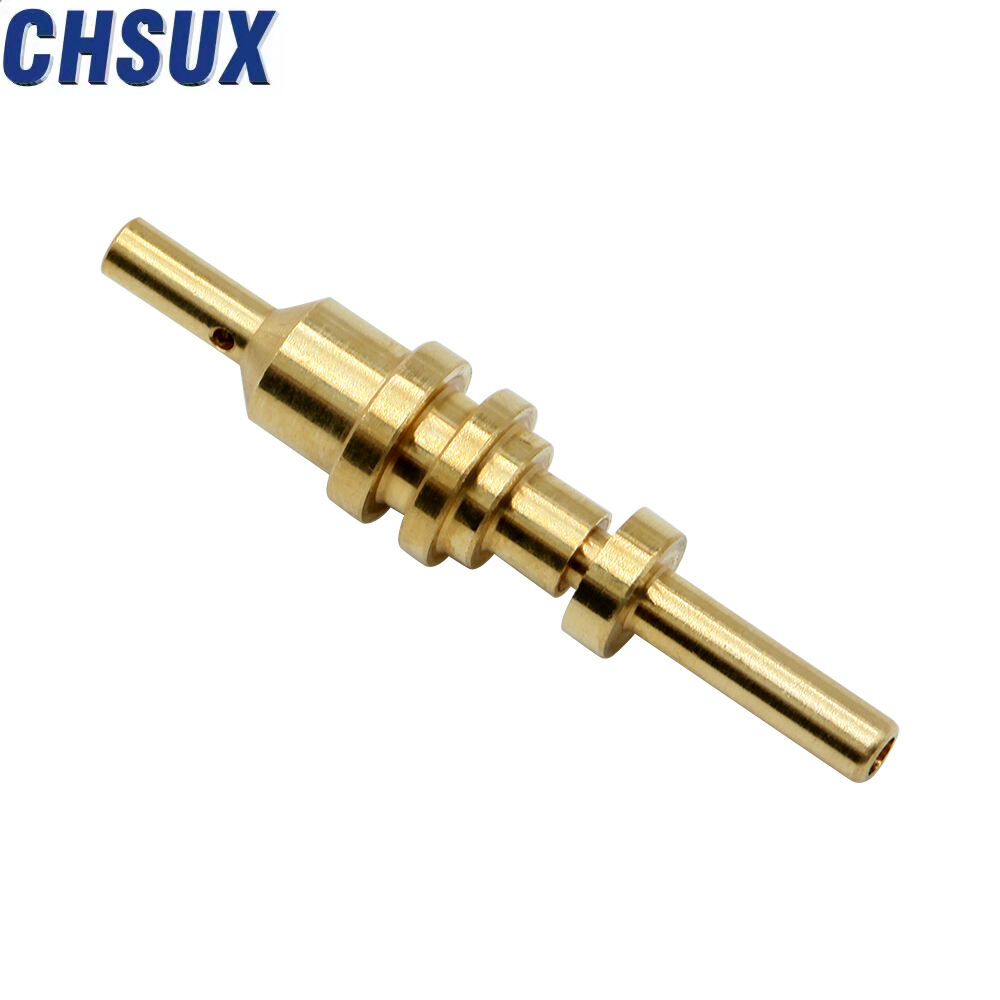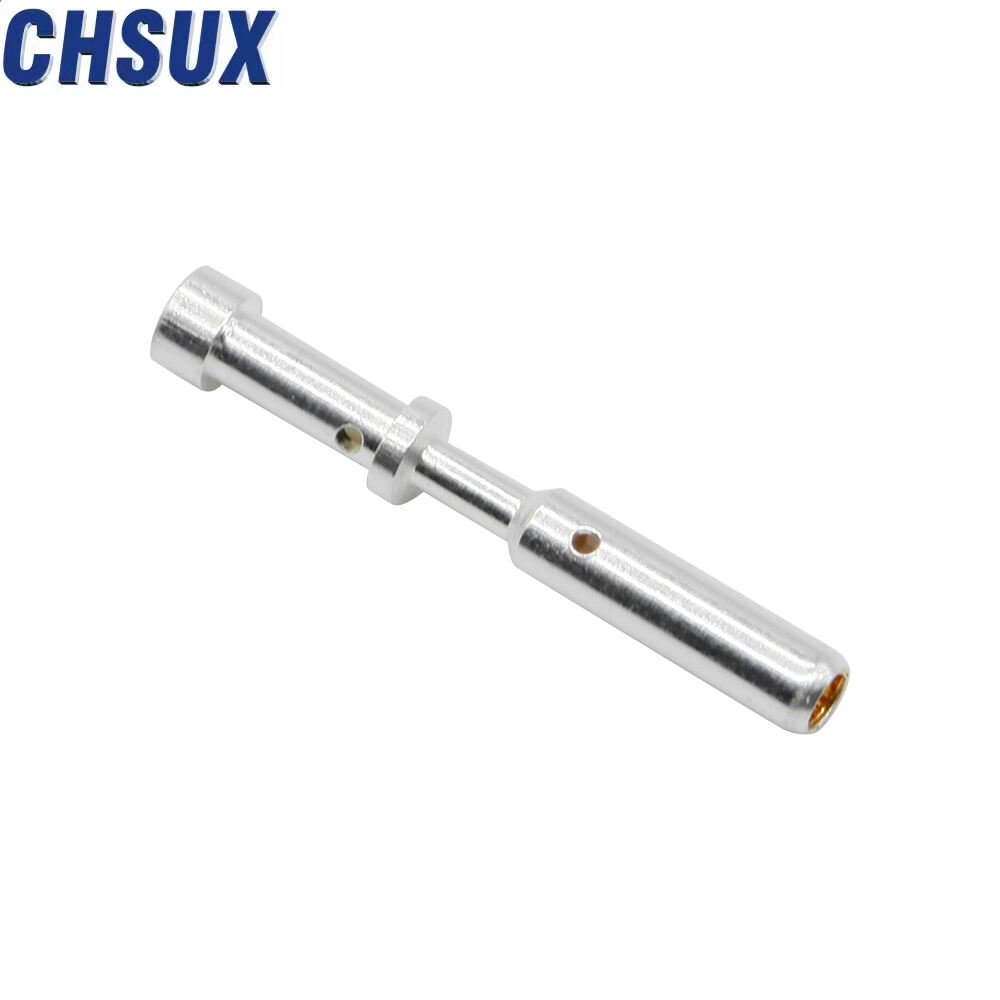The importance of using certified connectors in EV charging systems cannot be overstated when it comes to ensuring electrical safety and preventing fires. Certified connectors meet stringent safety standards such as UL (Underwriters Laboratories) and IEC (International Electrotechnical Commission), which are essential in minimizing risks associated with electrical faults. According to fire safety organizations, inferior connectors have been a leading cause of electrical fires. For instance, a report indicated that faulty electrical connectors are responsible for a significant portion of electrical fires. Employing connectors that adhere to these safety standards ensures not only compliance but also enhances peace of mind for users.
High-quality connectors are crucial in optimizing charging speeds and enhancing energy efficiency in electric vehicle charging systems. They support optimal current flow, which leads to faster charging times compared to lower-quality alternatives. Studies have consistently shown a direct correlation between the quality of connectors and energy loss during charging, with high-quality options significantly reducing wasted energy. Industry standards set benchmarks for charging speeds, promoting efficiency and performance in EV chargers. By utilizing top-tier connectors, EV infrastructure can achieve these benchmarks, providing users with rapid and efficient charging experiences.
Connectors used in EV charging systems must exhibit durability, especially when faced with harsh environmental conditions such as moisture, extreme temperatures, and weather variations. These connectors must resist wear and tear, ensuring they function optimally over time. Testing results have demonstrated that high-quality connectors maintain performance across diverse environments, crucially impacting the reliability of charging stations. Certification programs, which assess robust designs for resistance to challenging conditions, play a vital role in ensuring the longevity and reliability of connectors used in electric vehicle infrastructure.
The IP rating, standing for 'Ingress Protection', is paramount for ensuring the durability of charging pile connectors in various environments. It signifies the ability of connectors to resist penetration from dust and water, making it crucial for maintaining the performance and safety of EV charging systems. For example, an IP67-rated connector guarantees total dust protection and immersion in water up to one meter. Industry standards require EV charging connectors to meet specific IP ratings to operate effectively in diverse climatic conditions. The more robust the rating, the better these connectors prevent environmental damage, ensuring consistency and reliability in charging systems.
Corrosion-resistant materials, such as brass and nickel alloys, significantly enhance the durability and lifespan of EV charging connectors. These materials can withstand harsh environmental elements that would typically lead to corrosion, thus extending their operational life. Statistics indicate that connectors made from corrosion-resistant materials have a lifespan up to 40% longer than those composed of standard materials. Industry benchmarks prioritize the selection of such materials to ensure the connectors are not only robust but also sustainable for long-term EV charging applications.
Compatibility with global EV standards such as CCS, CHAdeMO, and Type 2 connectors is crucial for ensuring seamless interoperability among various EV models and charging infrastructures. These standards dictate the technical specifications and requirements for connectors, which influence design decisions during manufacturing processes. Achieving compatibility means EVs can be charged regardless of the regional variations in charging infrastructure, thereby increasing convenience and efficiency for users worldwide. Regulatory frameworks also impact connector design, emphasizing the need for manufacturers to meet diverse global standards to remain compliant and competitive.
The Model 440 AC/DC Screw Terminal Connector from CHSUX exemplifies versatility and efficiency in various charging environments. Designed to support both AC and DC applications, it meets crucial performance standards, making it a reliable choice for different electric vehicle (EV) charging setups. This connector is particularly appreciated for its effectiveness in enhancing charging efficiency, as clients have reported significant improvements in their overall charging operations. By providing seamless integration with multiple charging infrastructure types, Model 440 ensures that charging systems operate smoothly and effectively, thereby increasing customer satisfaction.

Model 262 showcases customization capabilities to meet specific environmental and usage needs, enhancing user experience. This connector is available with customizable features such as cable length, pin configuration, and other aspects, making it highly adaptable for various applications. Success stories abound where users have benefitted tremendously from these customized options, which have been tailored to suit their exact operational needs. The impact on performance and user satisfaction is significant, reinforcing its position as an essential component in the EV charging arena.

The Model 148 connector supports high-capacity charging, making it ideal for fleet operators and commercial users. Specifically designed for efficiency, it maximizes power transfer while maintaining safety standards and regulatory compliance, which is crucial in the evolving EV landscape. Performance comparisons reveal that Model 148 outshines lower-capacity models by providing a more robust charging experience, which translates to faster turnaround times and improved fleet operations. Its advanced design is aligned with the needs of high-demand users who prioritize both speed and reliability.
